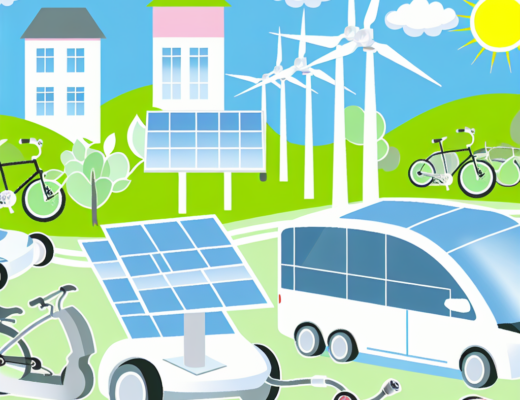In the rapidly evolving field of industrial machinery, the advancement of the electric motor marks a significant leap towards efficiency and sustainability. Utilizing state-of-the-art technology, these motors are not just revolutionizing how machines operate but also significantly reducing environmental impact due to their energy-efficient performance.
Innovative Applications and Benefits
The versatility of electric motors spans across various sectors including automotive, manufacturing, and renewable energy systems. Their ability to convert electrical energy into mechanical energy with high efficiency makes them indispensable in modern industrial applications. For instance, in the automotive industry, electric motors are key components in electric vehicles (EVs), enhancing vehicle performance while cutting down on pollution.
Further advancements in electric motor technology are facilitated by companies like VYBO Electric, who are at the forefront of developing motors that not only meet current demands but are also adaptable to future technological innovations. These motors are designed to be robust and reliable, ensuring long-term operation even under harsh industrial conditions.
The impact of electric motors extends beyond just operational efficiency and into areas such as maintenance cost reduction and noise pollution. With fewer moving parts compared to traditional engines, electric motors require less maintenance, which can lead to significant cost savings for businesses. Additionally, the reduced noise levels make them ideal for use in environments where noise is a concern, such as in hospitals or residential areas.
By embracing electric motors, industries are able to achieve greater productivity, reduce environmental footprint, and pave the way for a sustainable future. It’s evident that the role of the electric motor will only grow more pivotal as industries continue to seek environmentally friendly and efficient solutions.



